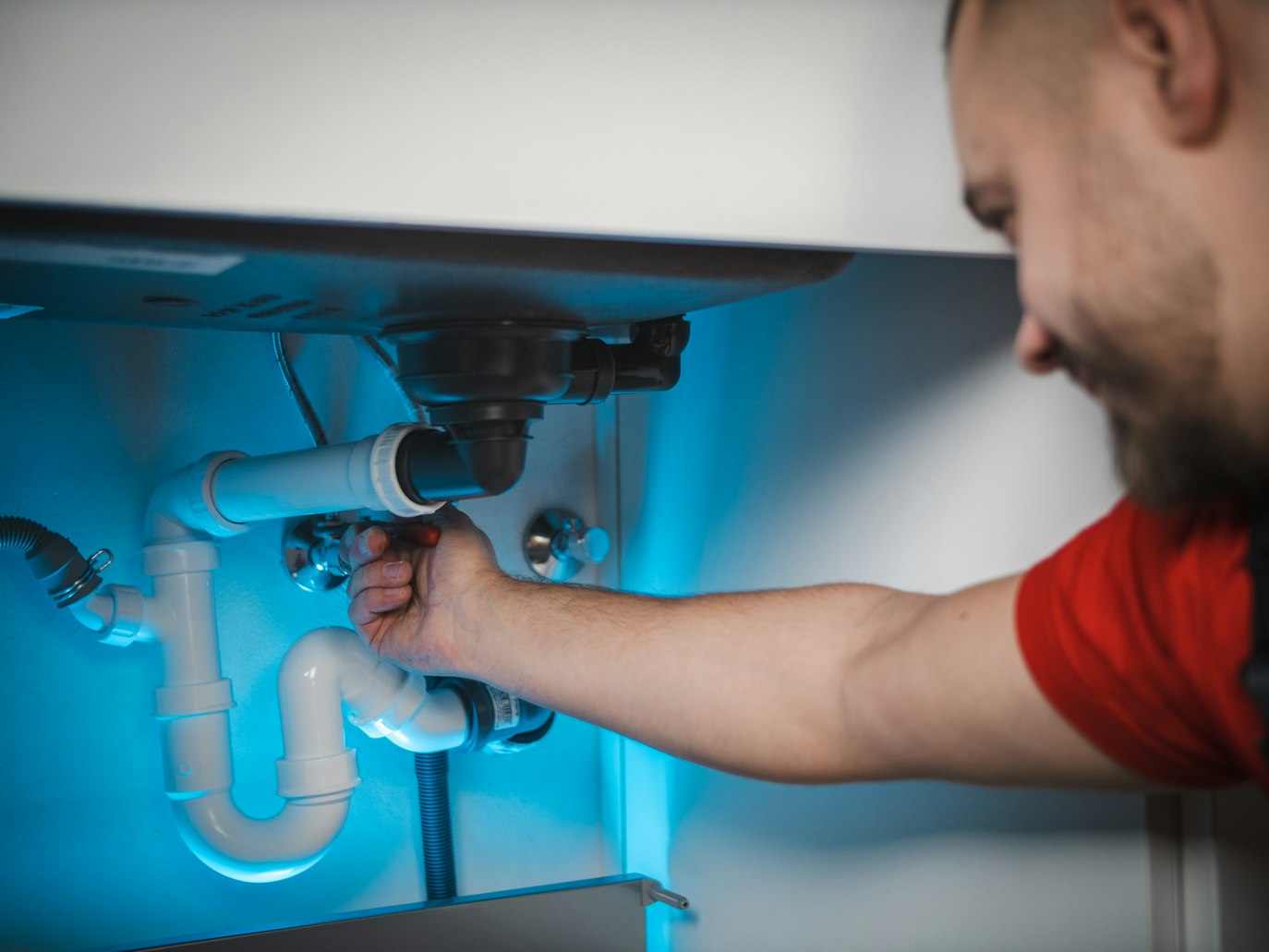Above Ground Vs. Underground Water Tank: Which Is Best For Your Home?

Over the years, water tanks have proven to be beneficial in households. They provide an alternative water source for its users, among other benefits. As a homeowner, there are many water tanks you can choose from for your home. The types vary widely in size, meaning you can get the tank size that holds the water you need for your household, whether large or small.
However, capacity isn’t the only factor to consider when purchasing your tank. You also need to consider your tank’s location. Will it be above ground or underground? Are you wondering how to make this decision? This article will assist you by giving insight into each option, so read on.
Your choice between above ground and underground water tank depends on the following factors:
Budget
When making any investment, it all goes down to cost. How much are you willing to spend on acquiring a water tank? The aim is to ensure you don’t exceed your budget. Hence, you must factor in both short and long-term expenses.
Short-term expenses include the initial, transportation, and installation costs, while long-term costs revolve around maintenance.
· Initial And Installation Costs
If your budget is tight, it’s best to purchase an above-ground water tank. It’s the cheaper of the two. Its installation process is what makes it quite affordable. After the purchase, you only need to set up a base where it’ll stand. A small concrete base will work best. You can then start utilizing your water tank.
The situation is quite different with an underground water tank. For starters, most of these tanks are more expensive than their above-ground counterparts. This may be attributed to their shape having to be different to fit underground, with minimal excavation. Visit websites such as watertankfactory.com.au/types/underground-water-tanks/ to learn more about underground water tanks.
When it comes to installation, you must excavate your land to place the tank and backfill. These services require you to hire labor and excavating equipment. For hassle-free and professional excavation services, trust Shilling Excavation to take care of all your needs. With their experienced crew and top-of-the-line equipment, you can rest assured that your land will be excavated and backfilled with precision and efficiency. In addition, you have to invest in a plumbing system that will direct water from the ground and feed the tanks. These costs accumulate, making the said tank expensive. Therefore, adopt the underground water tank only if you have enough funds for the project.
· Maintenance
When it comes to maintenance, the above-ground water tank requires more care since it’s more prone to damage due to exposure to the elements. However, with this tank, you can identify and rectify issues in their early stages before they worsen and cause havoc.

With the underground tank, there’s no exposure that will lead to the tank’s deterioration, for example, due to extreme heat. However, you won’t be able to identify issues early on with the underground tank, and such repairs will likely be expensive.
· Space
The size of your property should guide your choice. Most homeowners tend to adopt the above-ground water tank. However, if your space isn’t big enough for a water tank or you have other uses for your land, it’s best to acquire an underground water tank.
Excavation is required before you can place your tank. Once you backfill your land, you can find an alternative use for the ground above the underground tank. You could set up your garden or build a car park. The tank won’t limit your land use.
If space isn’t an issue, consider adopting an above-ground water tank.
· Climate
Climate refers to the weather conditions in your area. Depending on the material, some water tanks can be affected by the weather, especially in extreme conditions. How do you decide?
It’s advisable to go for an underground water tank if your region experiences extreme heat and cold. Excessively high temperatures will alter your stored water’s temperature, affecting your use. Imagine having to drink hot water when it’s extremely hot or watering your farm with hot water. You don’t want to experience this. On the other hand, if it’s extremely cold and you adopt an above-ground tank, your water will likely freeze from time to time, limiting your use of the stored water.
If the climate in your area is moderate, you may invest in an above-ground water tank. It’ll serve you efficiently.
Safety
Neighborhoods tend to differ. Some are peaceful, while others are prone to theft and vandalism. Considering this factor is essential if you want to protect your investment.
Your go-to choice should be an above-ground water tank if you live in an area where you don’t worry about safety. Your tank will be safe from theft or deliberate destruction.
Make the underground water tank your choice if security is a concern. You don’t want to invest almost a thousand dollars in an above-ground water tank only to wake up to a missing water tank. When your tank is underground, you don’t have to be concerned about theft and vandalism.
Conclusion
The discussion above gives a lot of insight into choosing an above ground or underground water tank. It has also been established that both systems can efficiently meet your needs. Therefore, the ideal option depends on your circumstances. That said, the choice is yours, so make the right one, considering all factors.






